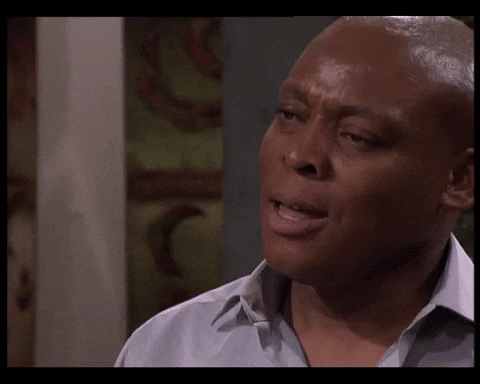Why do we trust wealthy people more?
Plus, doctors versus chatbots
BRAIN WAVES
Trust me, I’m rich. We’d like to believe that our opinions of other people have nothing to do with how much money they make, but new research suggests otherwise. In a study that looked at the link between trust and household wealth, researchers found that wealthier people are usually more trusting. But they’re also seen as more trustworthy by others. “This culturally widespread negative stereotyping of poorer individuals may contribute to observed patterns of interpersonal trust,” the study concludes. In other words, it’s not just that wealth makes rich people seem more trustworthy. It’s that poverty comes with a stereotype that makes poor people seem less trustworthy— which, of course, only adds another layer to the challenges created by poverty.
Dr. Chatbot. A new study found that ChatGPT-4 outperformed doctors in diagnosing medical conditions, scoring an average of 90 percent compared to doctors’ 74-76 percent. Surprisingly, even when doctors used the chatbot themselves, it only slightly improved their scores. Why? “They didn’t listen to A.I. when A.I. told them things they didn’t agree with,” Adam Rodman, a doctor involved in the study, told the New York Times. The study suggests that professionals might underestimate the power of AI to diagnose medical issues.
Let me tell you a story. We all have family stories that get told year after year. Sometimes these stories are funny; sometimes they make us roll our eyes. No matter how we feel about these tales, we rarely pause to consider how they shape who we are and how we view the world. Listen to learn more.
ON THE HIDDEN BRAIN PODCAST
How Monsters Are Made: What makes ordinary people do evil things? It was a question that long fascinated the psychologist Philip Zimbardo, who died in October. Zimbardo was best known for the controversial Stanford prison experiment, in which he created a simulated prison in the basement of a university building and recruited volunteers to act as prisoners and guards. This week, we explore how Zimbardo came to create one of psychology’s most notorious experiments – and inadvertently became the poster child for the human weaknesses he was trying to study.
ON THE MY UNSUNG HERO PODCAST
Clara Temple’s Story: In first grade, Clara had to get a hot lunch at school for the first time. The process was confusing, and she ended up in tears. Then an unsung hero stepped in — and made a lasting impression.
Don’t forget to send us the story of your unsung hero! Record a voice memo on your phone and email it to myunsunghero@hiddenbrain.org.
HIDDEN BRAIN LIVE
We’re excited to share that we’re bringing Hidden Brain to the stage in in February 2025. Join Shankar in San Francisco or Seattle as he shares seven key psychological insights from the first decade of Hidden Brain. For tickets, go to hiddenbrain.org/tour. Bonus: all attendees receive one year's complimentary membership to the meditation and sleep app Calm. Hope to see you there!
GIVE THE GIFT OF HB+
Looking for the perfect present for the fellow Hidden Brain fan in your life? Check out our online shop for t-shirts, mugs, stickers, and more. You can now also gift an HB+ subscription to friends and family: https://www.patreon.com/hiddenbrain/gift.
MIND GAMES
There are three light switches in a room. Only one switch controls a light bulb in an adjoining room, and you can only enter the adjacent room once to check if the bulb is on or off. How can you figure out which switch controls the light bulb if you can only enter the adjoining room once?
LAST WEEK’S PUZZLE
I can be cracked, I can be made, I can be told, I can be played. What am I?
Answer: A joke
A MOMENT OF JOY
In the years since we first launched the My Unsung Hero podcast, we’ve long wanted to reunite an interviewee with their unsung hero. We’re thrilled to share one such reunion, between former guest Megan Atherton and her hero, Toni Cranston. Megan and Toni remember the day they first met 15 years ago, and discuss how Megan’s life has changed in the years since then.
Have an idea for Hidden Brain? A story you want to share with us? Send an email to ideas@hiddenbrain.org. Listen to us on Spotify, Apple, Amazon Music or your favorite podcast platform.



